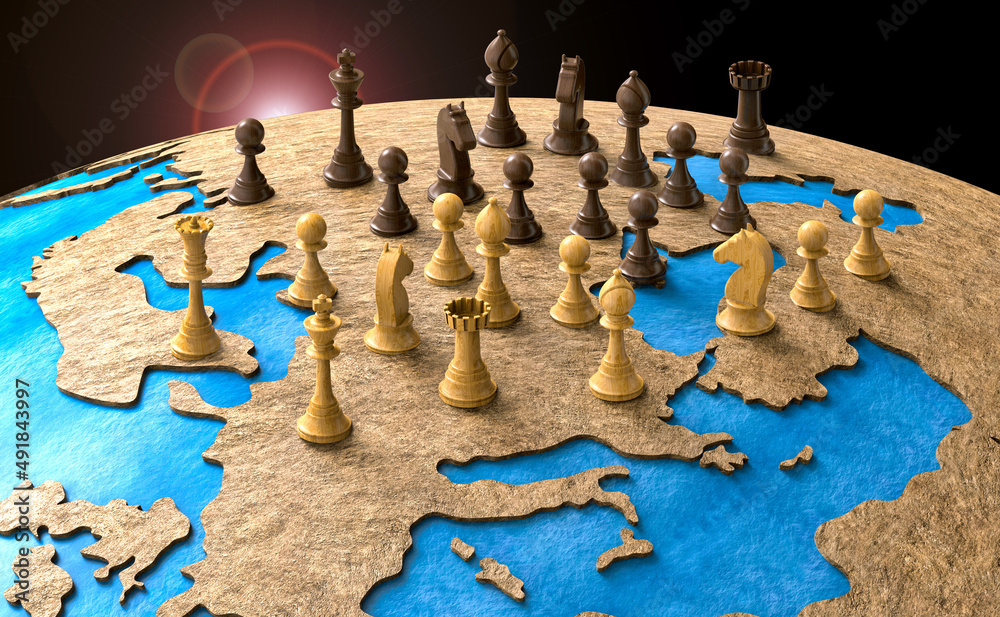The 20th century was marked by significant geopolitical events that reshaped the global order and had far-reaching consequences. Here are some major geopolitical events of the 20th century:
World War I (1914-1918):
- The assassination of Archduke Franz Ferdinand of Austria triggered a chain of events leading to a global conflict.
- The war involved major powers of the time, including European nations and later the United States.
- The Treaty of Versailles, signed in 1919, redrew borders, dissolved empires, and set the stage for future geopolitical tensions.
Russian Revolution (1917):
- The Bolshevik Revolution led by Vladimir Lenin overthrew the Russian monarchy and established the Soviet Union.
- The event had profound ideological and geopolitical implications, sparking fears of communism and influencing global power dynamics.
World War II (1939-1945):
- The largest and deadliest conflict in human history, involving countries from around the world.
- Axis powers, led by Germany, Italy, and Japan, faced off against Allied powers, including the United States, the Soviet Union, and the United Kingdom.
- The war resulted in significant territorial changes, the Holocaust, the use of atomic weapons, and the establishment of the United Nations.
Cold War (1947-1991):
- The ideological and geopolitical rivalry between the United States and the Soviet Union after World War II.
- The division of the world into spheres of influence and the arms race between the two superpowers.
- Proxy conflicts, such as the Korean War, the Vietnam War, and various conflicts in Africa, Asia, and Latin America.
Decolonization and Independence Movements:
- The process of decolonization, with many colonies gaining independence from European powers.
- The rise of nationalistic movements and the establishment of new nations, particularly in Africa and Asia.
- Geopolitical realignments as former colonies navigated their place in the post-colonial world.
Cuban Missile Crisis (1962):
- A tense standoff between the United States and the Soviet Union over the placement of nuclear missiles in Cuba.
- The event brought the world to the brink of nuclear war and highlighted the dangers of the Cold War rivalry.
Fall of the Berlin Wall (1989):
- The symbolic end of the Cold War, with the reunification of East and West Germany.
- The event marked the collapse of the Eastern Bloc and the beginning of a new era in Europe.
Dissolution of the Soviet Union (1991):
- The breakup of the Soviet Union into independent nations.
- The event reshaped the geopolitical landscape and marked the end of the Cold War era.
These events, among others, had profound geopolitical consequences, shaping the balance of power, redrawing borders, and influencing the course of history in the 20th century

Comments
Post a Comment